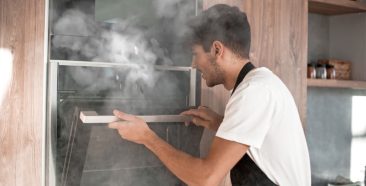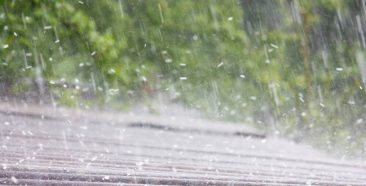Homeowners Insurance
Homeowners insurance provides peace of mind knowing you’re covered for damage to your home caused by fire, wind, hail, tornadoes, theft, and more. Homeowners insurance typically does not protect you from flood, earthquake, or windstorm damage. Knowing what is covered and what is not covered by homeowners insurance is just the beginning of understanding how homeowners insurance works. If you don’t have a good understanding of homeowners insurance, you could end up with inadequate coverage or paying more than you need to. Get answers to your questions about home insurance below to help you make an informed decision before purchasing a homeowners insurance policy.






